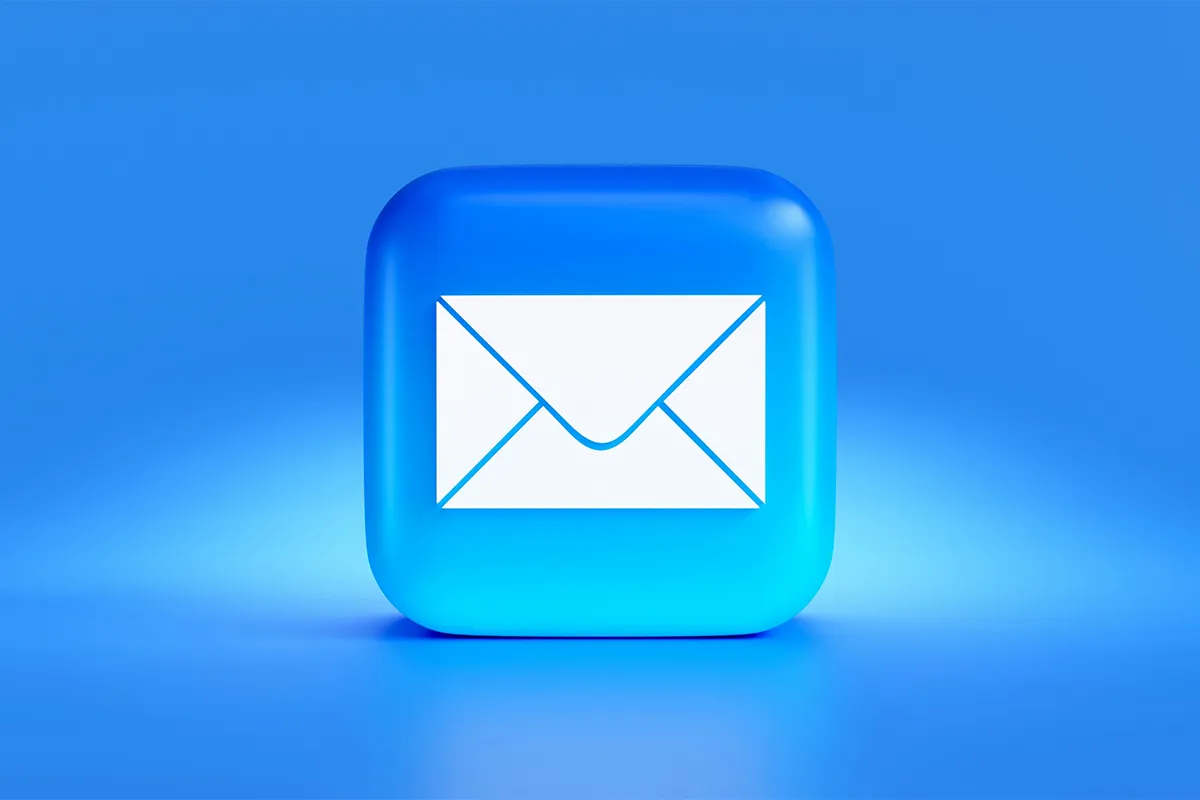Email has become a reliable form of communication in this age. Almost every other governmental institution, commercial, and personal individuals use this communication channel. It is the fastest, and no other such dependable channel is in sight to do the communication. Considering the importance of email and its role in communication, it becomes necessary to select service providers that can hold trust and provide the rightful services without compromising users’ privacy.
Selecting the best one becomes difficult when there are a number of famous email service providers in the market that boost their services. Comparing them and their features throws light on their claimed service, features, and factors like reliability.
How to Choose the Best Email Service
Choosing the right email provider can feel hard. It is important to think about your needs. You should consider what features you use every day. Do you need more storage? Do you need more privacy? You should also think about your work style. If you are a business user, you should look for tools that help teams. Features like calendars and task managers can be important. If you want to use it for personal reasons, you should focus on ease of use. A clean design is also good. You might like a friendly interface more than complex tools.
1. User Interface and Usability: The user interface must be easy to use and simple to navigate. It should help users manage their emails well. A good design can help users be more productive. Clear features can make the experience better.
2. Storage Capacity: Good storage capacity is important for managing many emails. Service providers should give options to store more. Users can keep their emails, attachments, and files without worrying about space.
3. Security Features: Security is very important for email services. Providers need to give strong ways to protect user data. They should offer strong encryption and two-factor authentication to keep sensitive information safe and to send a secure email.
4. Encryption: Encryption stops other people from reading emails. It changes data into a secure format. Good encryption makes sure only the right people can read the messages.
5. Two-Factor Authentication: Two-factor authentication gives more security. Users need to check their identity in another way. This feature helps stop other people from accessing accounts and makes email accounts safer.
6. Spam Filtering Effectiveness: Good spam filtering is very important for a clean inbox. Providers should use advanced tools to find and block unwanted emails. This way, real messages can be seen first.
7. Integration with Other Tools: Integrating with CRM and other tools is important. This includes calendars, cloud storage, and productivity apps. This makes the email service work better. Users can manage their tasks more easily and work faster.
8. Pricing and Plans: Pricing and plans are flexible. They fit the different needs of users. There are free accounts and premium services with extra features. Clear pricing helps users to pick the best plan for their needs and money.
9. Customer Support: Customer support is very important. It helps to solve problems quickly and well. Providers should give different ways to get help. This can include chat, email, and phone support so users can get help anytime.
1. Gmail
Gmail is a leader in the email world. It has a simple design and is easy to use. Millions of people use Gmail every day. It works as a crucial way to communicate online. Users can send and receive emails easily on any device. This keeps people connected wherever they are. Gmail has a great search feature. This helps users find old emails quickly. This saves time and effort.
Google also puts many tools in Gmail. These tools include Calendar, Drive, and Google Meet. This makes it easier to manage tasks and schedules well. Gmail has good spam filtering. This keeps junk emails out of your inbox. Important emails will not get lost in clutter. Gmail is good for personal use and for work. It offers a safe and effective email experience.
Pros:
- Seamless integration
- Powerful search
- Generous storage
- Effective spam filters
Cons:
- Privacy concerns
- Overloaded features
- Ads for free users
- Complex organization
2. Outlook

Outlook is special for its strong business features. It has a clean and organized design. Creating an Outlook account is super easy. This makes the user experience better. Professionals like the calendar integration. This helps to schedule meetings in just a few seconds. It also helps to make daily tasks easier. The platform has good security measures. It uses strong encryption. This keeps your data safe.
It connects with Microsoft tools like Word, Excel, and Teams. This makes it more appealing. It helps teams work together better. Users can easily access and share documents. They can also manage projects and communicate well. Many people in business prefer Outlook.
Pros:
- Business Features
- Clean interface
- Calendar integration
- Strong security
Cons:
- Limited free options
- Complex setup
- Sync issues
- Occasional slowdowns
3. ProtonMail
ProtonMail focuses on privacy. It uses end-to-end encryption. This means only you and the person you write to can see the messages. The service is easy to use. Users can send and receive confidential information safely.
It has a free version. This lets users try the features first. This is good today because many people care about privacy and data safety.
Pros:
- End-to-end encryption
- Privacy focus
- User-friendly
- Free version
Cons:
- Limited storage
- Higher paid plans
- Basic features
- Less integration
4. Zoho Mail
Zoho Mail is great for businesses. It offers many tools for work. Users do not see ads. This helps them stay focused. The service has strong storage options. It connects easily with other Zoho tools. This makes work more efficient.
This email service helps organizations work better. Its features help with storage and connection to other tools. This makes it a good choice for businesses. They can improve their email management and workflow.
Pros:
- Ad-free
- Strong storage
- Business tools
- App integration
Cons:
- Interface complexity
- Limited free version
- Occasional sync issues
- Less personal support
5. Yahoo Mail
Yahoo Mail is well-known in the email world. It has been popular for many years. It offers a lot of storage space. Users do not worry about limits on their emails. The service has many customization options. This lets users change their experience to match their preferences.
This mail service provider has a news feed that keeps users informed about current events. The calendar helps users manage their schedules and appointments. Yahoo Mail is a reliable choice for many people because it has practical features and an easy-to-use design.
Pros:
- Large storage
- Customization
- Built-in news feed
- Integrated calendar
Cons:
- Ads in the free version
- Privacy concerns
- Cluttered interface
- Occasional performance issues
6. Apple Mail
Apple Mail works best for users who have Apple devices. It has a clean design and smooth performance. The unified inbox feature helps users manage multiple email accounts easily. Apple Mail works well with other Apple apps, creating a good user experience.
It has strong privacy settings that show Apple’s focus on user privacy. Many users like this emphasis on security and privacy to protect their personal information. These features make Apple Mail a convenient choice for users who use Apple products.
Pros:
- Clean design
- Unified inbox
- Integration with Apple apps
- Strong privacy settings
Cons:
- Limited features
- Only for Apple devices
- Less customization
- It can be slow with large volumes
7. Fastmail
Fastmail is popular for its speed and simplicity. It has a clean and efficient interface that helps users be productive. Fastmail prioritizes privacy and does not track user data. This creates a secure experience for users.
This service includes advanced tools like aliasing to keep your main email address private. Users appreciate Fastmail’s focus on efficiency and helpful customer support. The combination of speed, privacy, and support makes Fastmail a good choice for many users.
Pros:
- Fast interface
- Clean design
- No data tracking
- Advanced features
Cons:
- No free plan
- Limited storage
- Less integration
- Higher cost
Conclusion
Gmail is a top choice for many people. It has a clean design and many features. Its large storage keeps emails safe. Outlook is also a good option with its integration tools for the business world. ProtonMail is suitable for users who care about privacy. It uses strong encryption for security.
Zoho Mail gives users good work tools. It is ideal for small businesses because of its affordable plans. Yahoo Mail provides a classic experience. Many people love its familiar interface. Apple Mail is great for people who use Apple products. It syncs easily with your devices. Fastmail combines speed and privacy. It is known for its fast performance and strong privacy.
How much you are willing to spend will change your choice of email provider. Many services offer free options. Paid plans often give extra features. It is important to balance your budget with your needs. You need to remember factors like security and support.
The email services will continually evolve, with new features appearing regularly. Choosing the right provider can improve your communication efficiency and security. Take your time to check your options. The right choice can improve your email experience for years.

